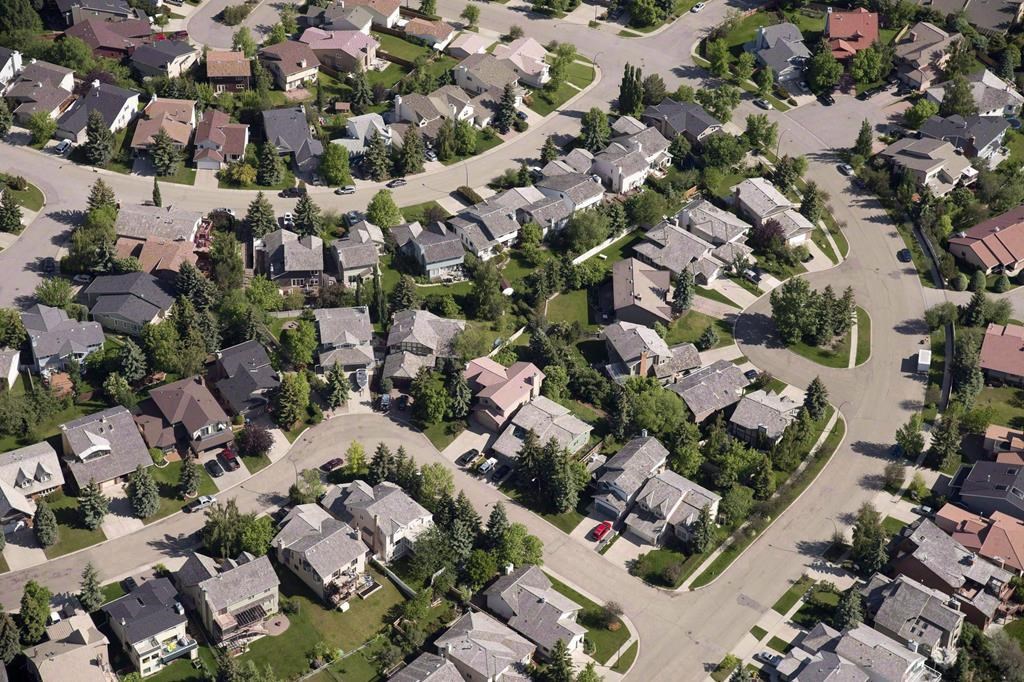Canadian historian looks back at Vimy Ridge as moment of division rather than unity
Posted Apr 8, 2017 7:46 am.
Last Updated Apr 8, 2017 1:50 pm.
This article is more than 5 years old.
VANCOUVER (NEWS 1130) – This weekend we will celebrate the legacy of Vimy Ridge as we reach the 100 year anniversary.
“Vimy matters, but it doesn’t matter anywhere near as much as we’ll hear over the next few days,” says Jack Granatstein, a historian who specializes in the Canadian military. He believes Canadians can overestimate the impact of what happened.
“It is a significant event. It’s one of the best examples of a set piece attack being carried out with substantial perfection, but it doesn’t win the war. It doesn’t change the course of the war. It isn’t Canadians climbing the cliff as many Canadians think about Vimy.”
He says the reasons we remember it so much have a lot to do with the monument given to us in France.
“The National War Memorial is located on Vimy Ridge and it is quite properly a place of pilgrimage. It’s very moving. It’s an astonishing piece of construction. I think it’s probably the biggest and best war memorial there is, anywhere. It has more than 11,000 names of the dead who have no known grave and that makes it very special.”
Granatstein, a veteran himself, says Canada did play a role in the victorious war effort and doesn’t want to diminish the sacrifice of soldiers.
“We were a small part in a big war. The impact we had was substantial, but it wasn’t decisive. I think it’s important to remember that.”
He says while many people view Vimy Ridge as a moment of unity, in reality, it split the country, noting the unit was mostly made up of Canadians born in Britain.
“The nation that was born on Vimy is an English-Canadian nation. French-Canadians are very ill-represented in the Canadian Corps. And the casualties at Vimy led to Sir Robert Borden, who was in France and England at the time, becoming convinced that we needed conscription to keep the ranks up to strength.”










